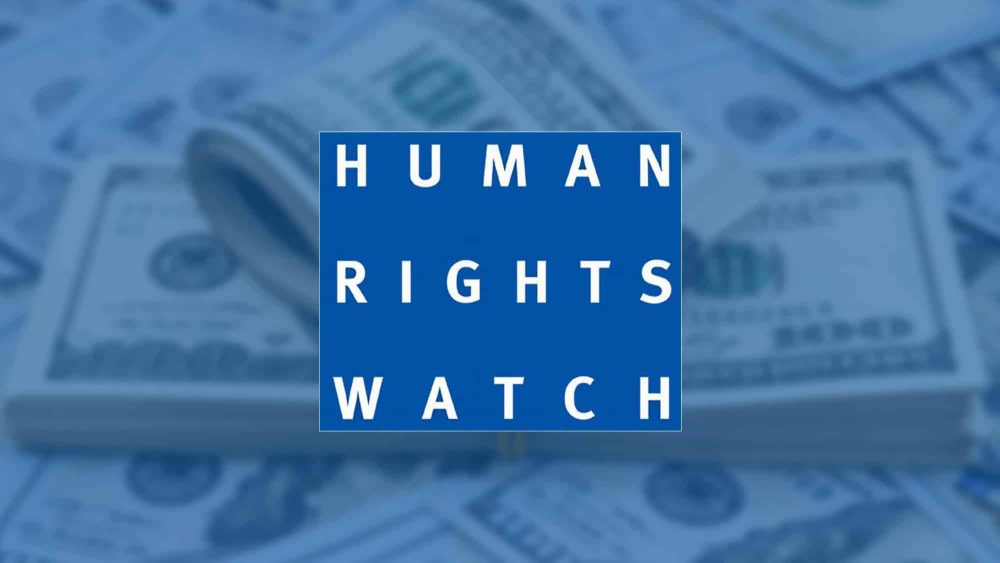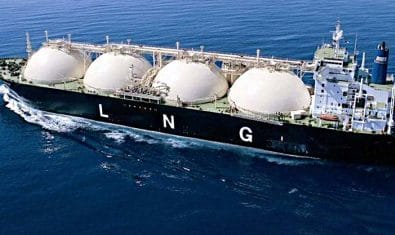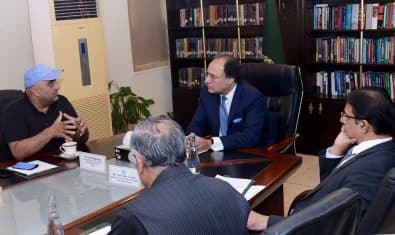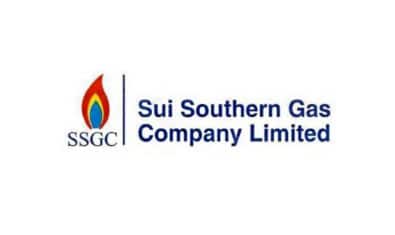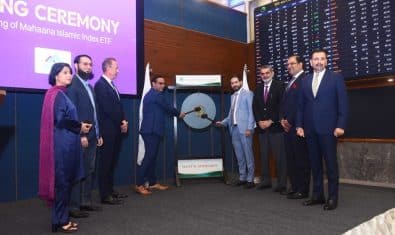The Human Rights Watch (HRW) has called on the International Monetary Fund (IMF) to collaborate with Pakistan to safeguard the country’s economically disadvantaged.
The organization suggested expanding social protection programs and reducing reforms that could potentially harm the most vulnerable population. This request was made as the country is experiencing its worst economic crisis.
On February 1, 2023, the Pakistani government and an IMF delegation initiated formal negotiations to devise a plan to revive the economy. This included securing an installment of $1.1 billion from a $6.5 billion bailout loan that was established to prevent an economic collapse in 2019.
“Millions of Pakistanis have been pushed into poverty and denied their fundamental social and economic rights,” said Patricia Gossman, associate Asia director at Human Rights Watch. “The IMF and the Pakistani government have a responsibility to address this crisis in a way that prioritizes and protects low-income people.”
In a press statement, the organization noted that Pakistan’s central bank’s foreign exchange reserves decreased by 16 percent, to $3 billion, in the week ending January 27, an amount covering less than three weeks of imports. Acute shortages of foreign currency mean that many imports, including essential medicines, are scarce or unobtainable.
It highlighted that Pakistan is facing its highest inflation levels since 1975, with the cost of perishable food items rising more than 60 percent in January. Inflation is expected to continue to rise. In response to IMF demands, on January 29, the government increased fuel prices and removed a cap on the foreign exchange rate, leading to a drastic depreciation of the Pakistan rupee’s value, including a 9.6 percent loss in one day in January.
It said that at least a quarter of Pakistan’s population was living below the poverty line well before this crisis. The World Food Programme estimated that in 2018, 21 percent of Pakistan’s population was undernourished and 44 percent of children under the age of 5 had stunted growth. The Asia Development Bank reported that for every 1,000 children born in Pakistan in 2020, 65 would die before their fifth birthday. Almost 25 percent of the population did not have access to electricity in 2020.
Pakistan is a party to the International Covenant on Economic, Social and Cultural Rights, which protects the rights to health, food, housing, and an adequate standard of living, among others. The conditions the IMF places on this loan could either exacerbate social and economic hardship or provide desperately needed relief to Pakistanis while addressing the crisis’s underlying causes, it added.
Several adjustments proposed by the IMF as conditions for Pakistan to get the IMF loan and address the immediate economic crisis would have both a direct and indirect negative impact on low-income people, HRW said.
It said that the IMF’s recommendations should encourage government spending on social services, such as education, health care, and poverty-reduction programs while shoring up government revenues by improving the tax collection infrastructure and adopting stringent and transparent accountability measures. The IMF should use its procedures to make needed funds available as soon as possible, putting into place safeguards to protect people’s economic and social rights.
“Pakistan’s government should use the influx of funds to expand support for those worst- affected by the economic crisis,” Gossman said. “The IMF should provide Pakistan the time and flexibility to achieve a sustainable, inclusive, and rights-based recovery.”
